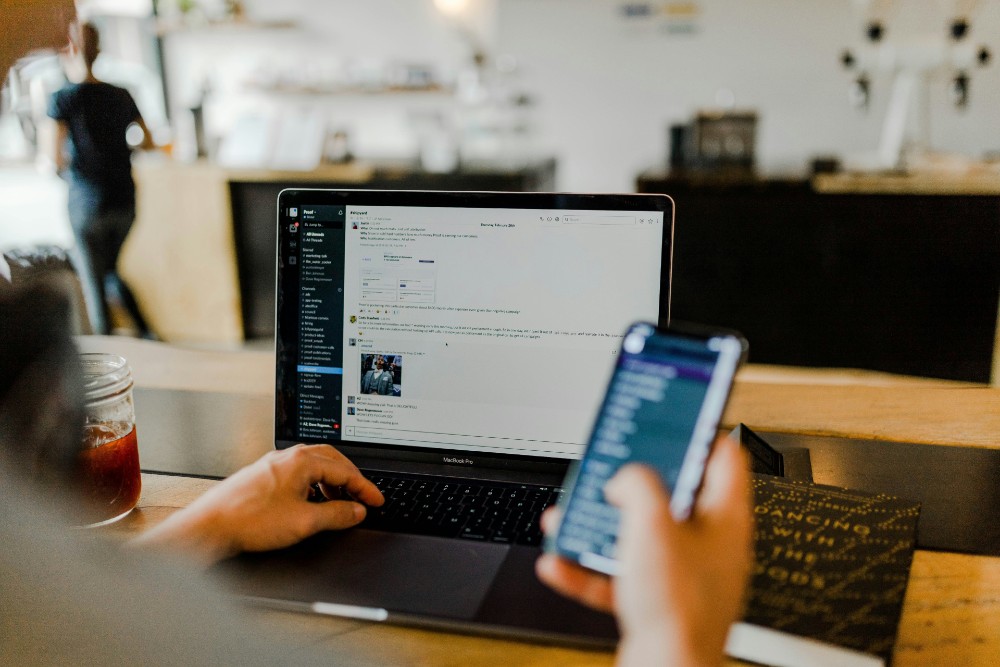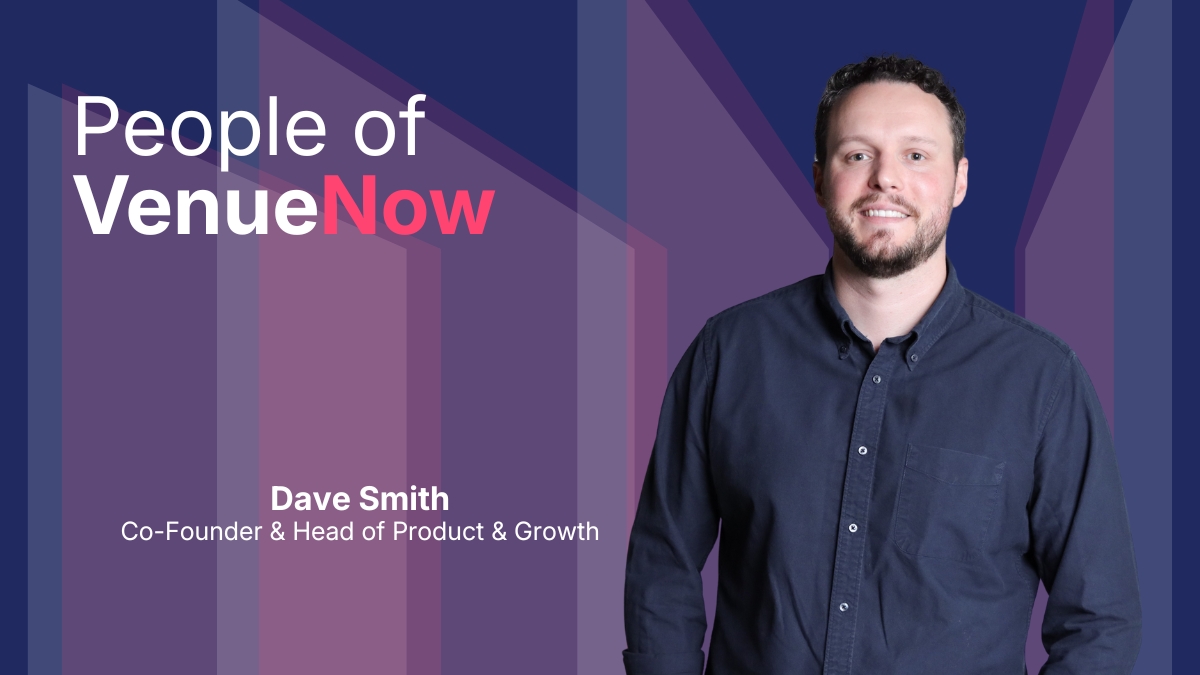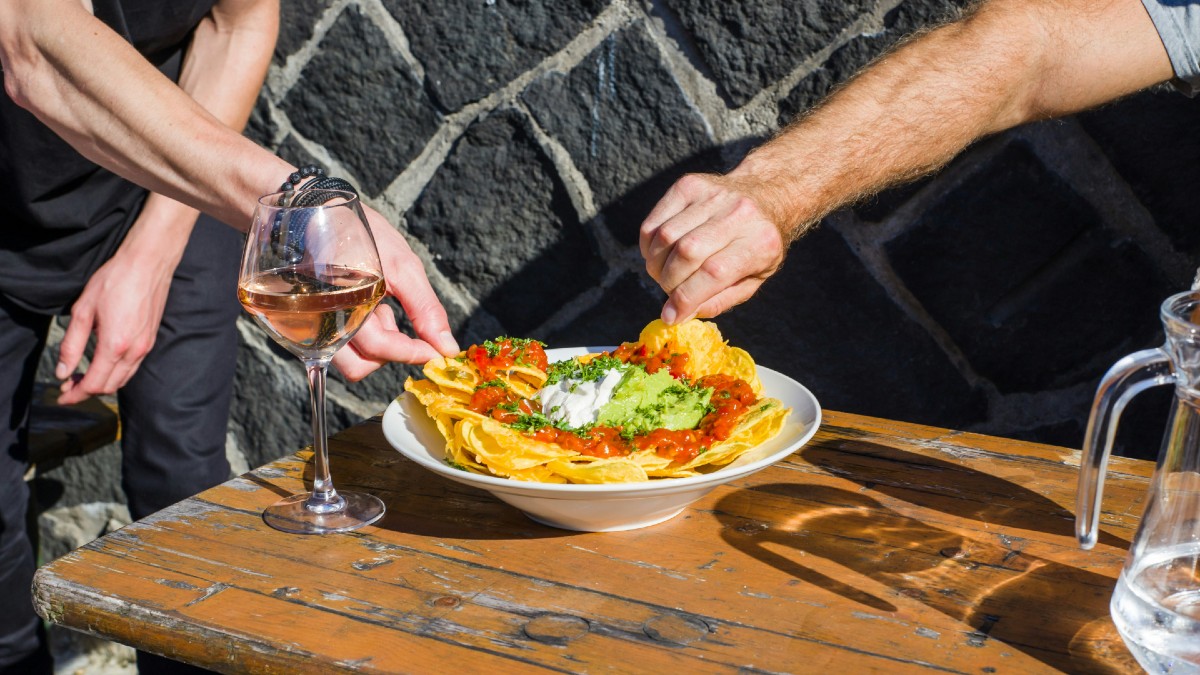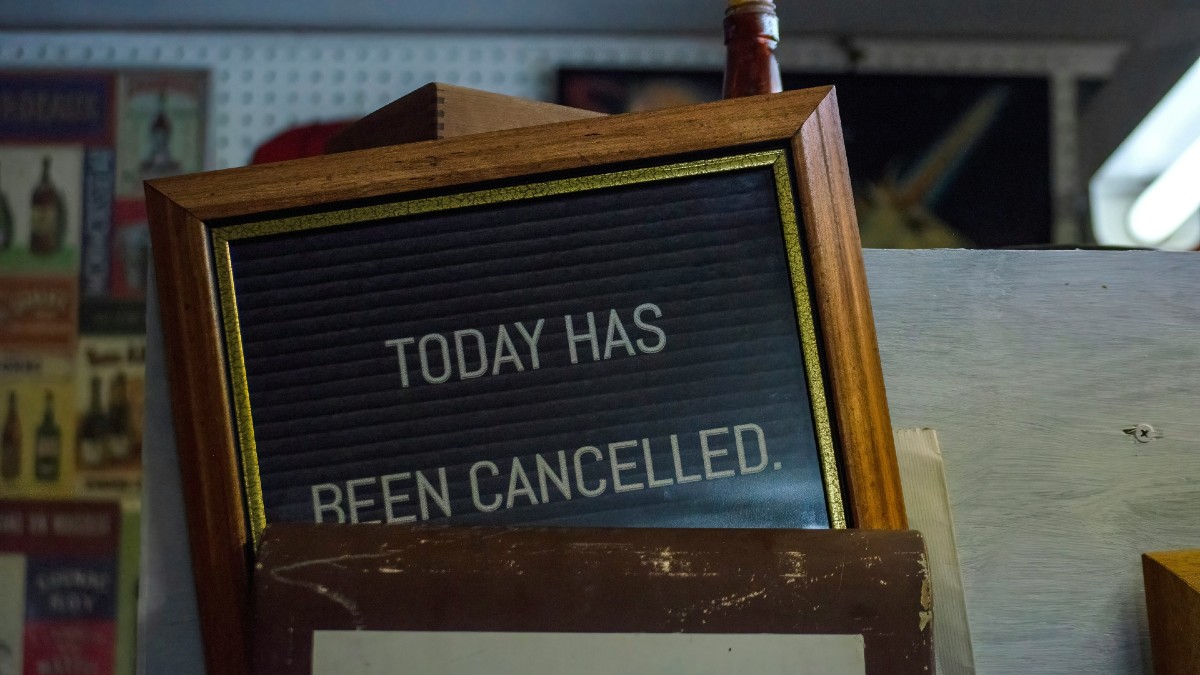
Written by: Cara Tirona
August 2, 2024
In the bustling world of events, standing out and capturing your audience's attention is crucial. Effective event marketing is not just about spreading the word; it's about creating engagement, excitement, and anticipation. With the right strategies, tools, and creativity, you can elevate your event's profile and ensure it's the talk of the town. Here are some tactics to help you master event marketing and achieve your goals.
Laying the Foundation: Event Marketing Essentials
Before you leap into the dynamic world of event promotion, it’s pivotal to get the basics right. These include defining your target audience, understanding their preferences and behaviour, setting clear objectives, and nailing down your event message.
Defining Your Audience
Understanding who your event is for is the first step towards effective marketing. Your audience's demographics, interests, and behaviour should shape every decision you make about how to reach them and what messages will resonate the most. Are you targeting young professionals, tech enthusiasts, or perhaps health and wellness aficionados? Thorough research and defining your audience segments will ensure your marketing efforts are not only seen but also impactful, driving engagement and ultimately, attendance.

Setting Clear Goals
Setting clear goals for your event marketing campaign is essential for measuring success and guiding your strategy. Whether it’s increasing brand awareness, generating a specific number of leads, or achieving a sell-out event, your objectives must be specific, measurable, achievable, relevant, and time-bound (SMART). By establishing these goals early on, you can tailor your marketing activities to align with your desired outcomes and monitor progress towards achieving them. This focused approach not only optimises your efforts but also provides a clear benchmark for evaluating the effectiveness of your marketing tactics.
Choosing the Perfect Venue
Choosing the perfect venue is a critical aspect of your event's success. It's not just about finding a space that can accommodate your audience, but also about selecting a location that enhances the overall experience. Consider factors such as accessibility, amenities, and the aesthetic appeal of the venue. Furthermore, the chosen venue should align with your event's theme and goals. For instance, an eco-friendly conference might benefit from a venue known for its sustainable practices. Assessing your needs and conducting a thorough comparison of potential venues will ensure you find the ideal setting that not only meets your practical requirements but also adds value to the attendee experience.
Determining Your Event Message
Your event's message should be clear, concise, and tailored to your target audience. It should communicate the value of attending your event and inspire action. Whether it's highlighting keynote speakers, unique experiences, or networking opportunities, your message must resonate with your audience and entice them to attend. This message should be integrated into all marketing materials, from email campaigns to social media posts, to create a cohesive and impactful brand image.
Amplifying Your Message: Digital Marketing Techniques
With your foundation in place, it's time to dive into the various marketing tactics that will help you reach and engage your audience effectively. These include leveraging social media, email marketing, influencer partnerships, and creating buzz through unique experiences.
Engaging Through Social Media
Social media is a powerful tool for amplifying your event's message and engaging with your target audience. Platforms like Facebook, Twitter, Instagram, and LinkedIn offer different ways to reach potential attendees. Creating event pages, using targeted ads, engaging posts, and live updates can create a buzz and keep your audience informed and excited. It's also crucial to encourage sharing and interaction by using event-specific hashtags, running contests, or creating shareable content. Tailor your social media strategy to each platform's strengths and audience preferences to maximise your reach and impact.
Making use of hashtags and social listening tools can also help you monitor conversations about your event and gain insights into your audience's thoughts and expectations. This data can inform future marketing efforts and improve the attendee experience.

Nurturing with Email Marketing
Email marketing remains an effective and efficient way to nurture leads, build relationships, and communicate with your audience. Segmenting your email lists based on interests, behaviour, or demographics allows you to tailor messages that are relevant and personalised. Use attention-grabbing subject lines, compelling visuals, and a clear call-to-action (CTA) to drive engagement and conversions. You can also use email marketing to promote early-bird ticket sales, provide exclusive content or discounts, and send updates as the event date draws near.
Collaborating with Influencers
Influencer partnerships are a popular tactic for promoting events, especially in industries like fashion, food, and beauty. Leveraging influencers' reach and credibility can help your event reach a wider audience and build credibility with potential attendees. When selecting influencers, consider their niche, audience demographics, engagement rates, and track record of promoting events. You can collaborate with influencers to create sponsored content such as guest blog posts, social media takeovers, or influencer-hosted events.
Creating Unique Experiences
Creating unique experiences for your attendees is an effective way to generate buzz and differentiate your event from others. This could include interactive installations, engaging performances, or innovative networking opportunities. These experiences can create a lasting impression on attendees and encourage them to share their experiences with others, driving organic promotion for your event. Collaborating with local businesses, partnering with sponsors, or incorporating technology are some ways to create immersive and memorable experiences for your attendees.
Enhancing Visibility with SEO
Search engine optimisation (SEO) is another crucial aspect of digital marketing for events. Optimising your event website and online content with relevant keywords, meta descriptions, and tags can improve your visibility on search engines and attract organic traffic. This includes creating a mobile-friendly website, using high-quality visuals, and incorporating backlinks from reputable sources to improve your website's authority. Regularly updating your website and publishing fresh, relevant content can also improve your search ranking and drive more traffic to your event page.
A Guide for venues: improving your online presence with great content
Traditional Marketing: Leveraging Non-Digital Marking Tools
While digital marketing tactics are essential in promoting your event, don't neglect traditional marketing methods. These can still be effective in reaching a wider audience and building awareness for your event. Consider leveraging print materials such as flyers, posters, and brochures to reach local communities or industry-specific publications. Engage with relevant organisations or associations to promote your event through their channels. Don't underestimate the impact of word-of-mouth marketing, and encourage your attendees to share their experiences with others.

Maximising Impact: Post-Event Marketing
The event may be over, but your marketing efforts shouldn't stop there. Post-event marketing is crucial for sustaining engagement, gathering feedback, and gathering data for future events. This includes sending out surveys to attendees, sharing highlights and key takeaways on social media, and thanking sponsors and partners. You can also repurpose event content, such as recordings of keynote speeches or photos from the event, to continue promoting your event's message and engaging with your audience. Additionally, using post-event marketing to announce upcoming events or special offers can help maintain momentum and encourage attendees to attend future events. Continuously analysing and improving your post-event marketing strategy will ensure that you get the most out of your event and build a loyal following for future events.
Measuring Success: Analytics and Feedback
Tracking and analysing the success of your event marketing efforts is crucial for future planning and improvement. Learnings from previous events can inform your strategy for future events and help you identify areas where you can further optimise your marketing efforts.
Tracking Performance
As you implement various marketing tactics, it's important to track their performance and determine their effectiveness in meeting your objectives. This involves setting up metrics that align with your goals, such as website traffic, social media engagement, email open rates, and ticket sales. By regularly monitoring these metrics, you can identify areas of improvement and make data-driven decisions to optimise your marketing efforts. Additionally, tracking success metrics enables you to demonstrate the value of your event to stakeholders and make informed decisions for future events.
Gathering Post-Event Feedback
Feedback from attendees is essential to understand their experience and improve future events. You can gather feedback through surveys, social media polls, or email follow-ups. Ask specific questions about the event's content, logistics, and overall satisfaction to gain valuable insights. You can also offer incentives for completing the feedback forms, such as discounts on future events or exclusive content. Use this feedback to make improvements and address any concerns for future events.

Leveraging User-Generated Content
User-generated content (UGC) is any form of content created by attendees or participants that promotes your event. This includes photos, videos, reviews, and social media posts. UGC is a powerful tool for post-event marketing as it provides authentic and relatable content that can attract new attendees for future events. Encourage attendees to share their experiences on social media by creating a designated hashtag or hosting a photo contest. You can also feature UGC on your event website and social media channels to showcase the success of your event and encourage others to attend in the future.
Final Thoughts
In today's digital age, effective marketing is crucial for the success of any event. By leveraging various tactics such as social media, email marketing, influencer partnerships, and SEO, you can reach a wider audience and drive engagement for your event. Additionally, tracking metrics and gathering feedback can help you measure performance and make data-driven decisions to optimise your marketing efforts. Remember to also utilise post-event marketing strategies to sustain engagement and gather valuable insights for future events. With a well-rounded marketing plan, you can create a buzz around your event and ensure its success. So be sure to utilise these tips and techniques in your future event marketing strategies! Happy planning!
Conclusion
Event marketing is an art and science, requiring creativity, precision, and strategy. By implementing these tactics, you're not just promoting an event; you're creating an experience that resonates and remains memorable long after it's concluded. Remember to continuously evaluate and adapt your marketing efforts to meet the ever-changing landscape of digital media. With a well-planned and executed marketing strategy, you can drive engagement, maximise impact, and ensure the success of your event. So don't be afraid to think outside the box and create an immersive experience that sets your event apart from others!
Ready to make your next event a sensation? Start with VenueNow to find your ideal venue and employ these expert marketing strategies to ensure your event's success.
Looking for an event venue to hire?
VenueNow has you covered with over 2,000 venues across Australia ranging from large event spaces to small meeting rooms. Find your perfect venue for hire faster than anywhere else.
Follow us on social media to stay up to date with the latest news
Customers
Want to get in contact?
Call our support team on 1300 647 488 during business hours AEST.
Follow Us
© Copyright VenueNow 2026 | SPARE GROUP PTY LTD | ABN 22 607 830 302











